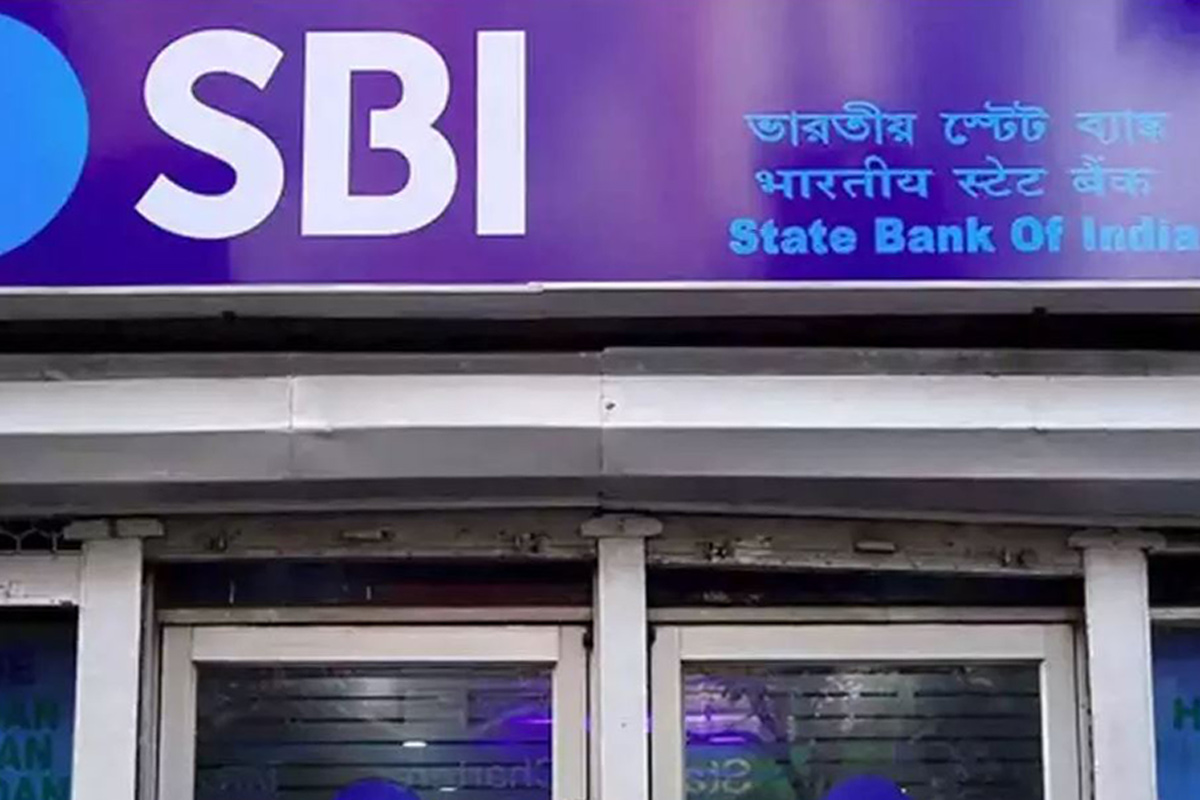The State Bank of India (SBI) has launched a nationwide drive to raise awareness about the importance of Inoperative account activation.
The bank also organised a one-day workshop at Gurugram for its national business correspondents to sensitize them about the importance of inoperative account activation.
Advertisement
The workshop emphasised the significance of PMJDY accounts and the importance of reactivating inoperative accounts.
Advertisement
Additionally, the workshop showcased the implementation of an Artificial Intelligence (AI) and Machine Learning (ML) model to categorize Customer Service Points (CSPs) based on their risk profile.
By leveraging technology, SBI sets a new standard for risk management and operational efficiency in the banking industry besides improving regulatory compliance and providing better customer service.
On the occasion of the inauguration of the event, C S Setty, Chairman, SBI emphasised the need to drive the Re-KYC exercise in letter and spirit, to maintain PMJDY accounts in active status and enable customers to conduct transactions seamlessly.
He urged Business Correspondents to harness the technology to bridge the gap and reach the last mile customer thereby enhancing customer experience.
He proposed a vision map for technological changes necessary to offer unique solutions to leverage the Business Correspondent channel optimally.
He highlighted the Bank’s initiatives in launching new products and improving customer service to make the Channel more customer-centric and robust.
A savings or a current account is treated as inoperative if the customer has no transaction in the account for over two years.
Activation of these accounts requires Re-KYC. The necessity of regular transactions in the account and preventing categorization into in-operative was the key message.
Advertisement









